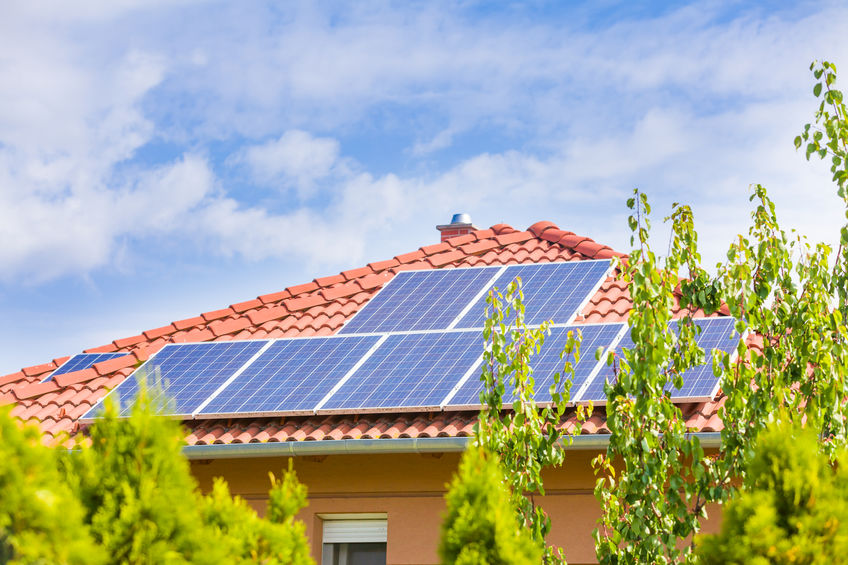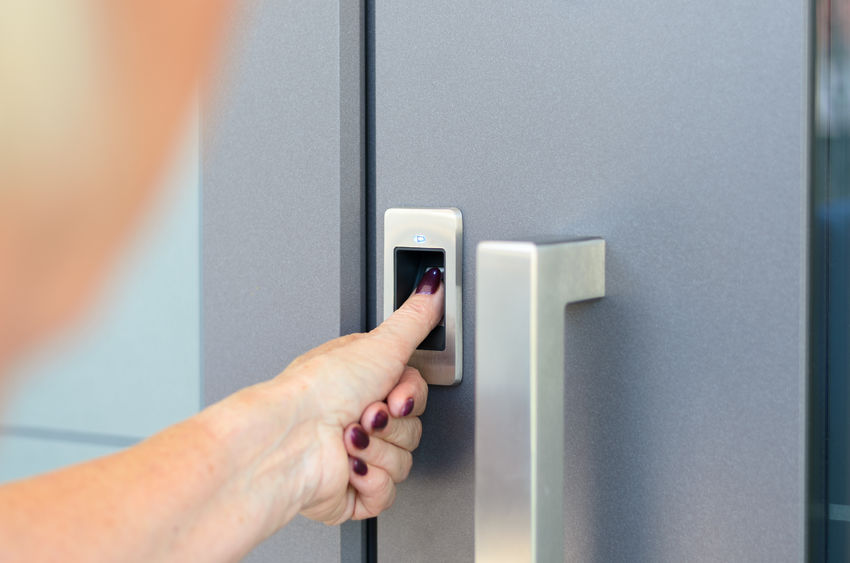With the recent results of the Malaysia Consumer Sentiment Study H1 2020 just in, it seems the future of Malaysia’s property scene is only going to get greener.
In the report, all 1108 Malaysians surveyed voiced out that sustainable features were among their top considerations for their future home. Energy-saving features came out on top as topmost priority for Malaysians in terms of sustainability, with advanced security systems trailing a close second.
When analyzed by age range, respondents between the ages of 40 – 49 placed the most weightage on energy-saving features.
Respondents in the youngest age range of 22 – 29 on the other hand, were shown to have a higher preference for sustainable features more closely associated with hygiene and cleanliness compared to all the other groups. These features include built-in air cleaning technologies and smarter waste management systems.
Soaring solar panel appeal
Among the various energy-saving features, solar panels stood out as the energy-saving feature of choice – having garnered 70% of all respondents votes. As a green feature, solar panels seemed to bear the most importance for males and high-income Malaysians.
Another popular feature was pollution absorbing interiors, which 52% of older Malaysians aged 60 and above preferred – seemingly more concerned about the health risks posed even within the home.
Female respondents were also significantly more concerned about food sustainability, citing features like food waste composters and indoor farms as a bigger priority compared to the male respondents.
Another popular sustainability feature proved to be smart cooling systems – which 59% of respondents said were a key consideration when scouting out homes. While not commonly implemented in Malaysia as of yet, smart cooling systems aid in saving energy costs by automatically regulating internal temperatures throughout the home.
Exploring energy-saving features
Affordability and location are always thought to hold the biggest slices of the property consideration pie.
While that still remains true, the results from the Malaysia Consumer Sentiment Study H1 2020 shows that Malaysians are finally giving sustainability and energy-saving features more thought in their home buying journey.
As mentioned, solar panels took top spot with 70% of respondents citing their preference for the green energy option. In Malaysia however, solar panels for residential use don’t come cheap – installation and management starts at an approximate RM50,000 depending on the size of the home and energy usage.
This markedly huge investment may not seem feasible for the average homeowner. Hence, new homes with pre-installed solar panels may help to chip away at the barriers preventing Malaysians from transitioning to more renewable sources.
Water use is another aspect Malaysians can learn to better optimize. Popular solutions include rainwater harvesting and water recycling systems, which were preferred by 37% and 31% of respondents respectively.
As a high rainfall country, harvesting rainwater for household use effectively cuts down water bills and energy consumption required to process and deliver water.
More affordable features that can help save energy include energy-efficient appliances (look for 5-star ratings on the Energy Efficiency Label), double-pane windows and LED lights.
Security, but smarter
In the report, 61% of respondents in the survey considered advanced security systems a top feature for their future homes.
Previously, having a safe home in the traditional sense previously meant anything from manual visitor registration as often seen in high-rises, or even as bare-boned as fencing and neighborhood guards to patrol the area.
Today, smart security features such as fingerprint door access and motion sensor alarms can be seen pre-installed in many properties. On the downside, homes with such features don’t come cheap.
A cheaper alternative some residential communities may utilize though are neighborhood security apps which serve to connect security, residents and property management. The locally homegrown JaGa app is one example. Through such apps, residents can call for urgent security assistance or pre-register their visitors at the click of a button.
Bringing flexibility home
In keeping up with dynamic life changes and ever-shrinking property sizes, customizable homes prove to be important for Malaysians too. 37% of respondents stated that homes with a flexible layout are among the features they look for in their next home. In the urban context, this comes as no surprise considering the upward journey of remote work.
A flexible living space is a multifunctional one. No longer is a single room designated for a single purpose, but is designed in such a way that it can be cordoned off or moved around as and when needed.
A flexible floor plan is able to keep up with rapid changes in everyday Malaysian lives and better utilize compact unit sizes.
Automating for a smarter home
You’re on your way to work in the morning and realize the air-conditioning in your bedroom is still running. But not to worry – you can turn it off with your phone.
Or perhaps you’d like for your hallway light to turn on automatically once the main door keypad is unlocked.
According to the report, 35% of Malaysians look for smart features such as these when considering a new home. Smart homes intertwine various appliances and settings throughout the home to work together on an automated basis.
Smart home features also have an effect on improving energy efficiency within the home. Lights can be turned off when no one is detected in the room, and various modes can be set for air-conditioning based on the time of day or outside temperature. Being able to operate appliances within the home remotely also ensures no fridge door is left unopened and no light left on.
Truly smart homes make up the higher end of the market in Malaysia, though there are smaller devices that can replicate certain desired aspects associated with it.
Government incentives to go green
At present, the percentage of green buildings in Malaysia only stands at around 1% as compared to 40% in Singapore.
Government initiatives to strengthen the development of green projects are present though, including the Green Investment Tax Allowance (GITA) and Green Income Tax Exemption (GITE) which were extended to 2023.
Coupled with results from this study showing good demand – Malaysians can all look forward to the rise of more sustainable projects.
Thinking of jumping on the sustainable bandwagon? Why not consider a property in one of these 12 green townships in Malaysia?
Disclaimer: The information is provided for general information only. PropertyGuru International (Malaysia) Sdn Bhd makes no representations or warranties in relation to the information, including but not limited to any representation or warranty as to the fitness for any particular purpose of the information to the fullest extent permitted by law. While every effort has been made to ensure that the information provided in this article is accurate, reliable, and complete as of the time of writing, the information provided in this article should not be relied upon to make any financial, investment, real estate or legal decisions. Additionally, the information should not substitute advice from a trained professional who can take into account your personal facts and circumstances, and we accept no liability if you use the information to form decisions.






